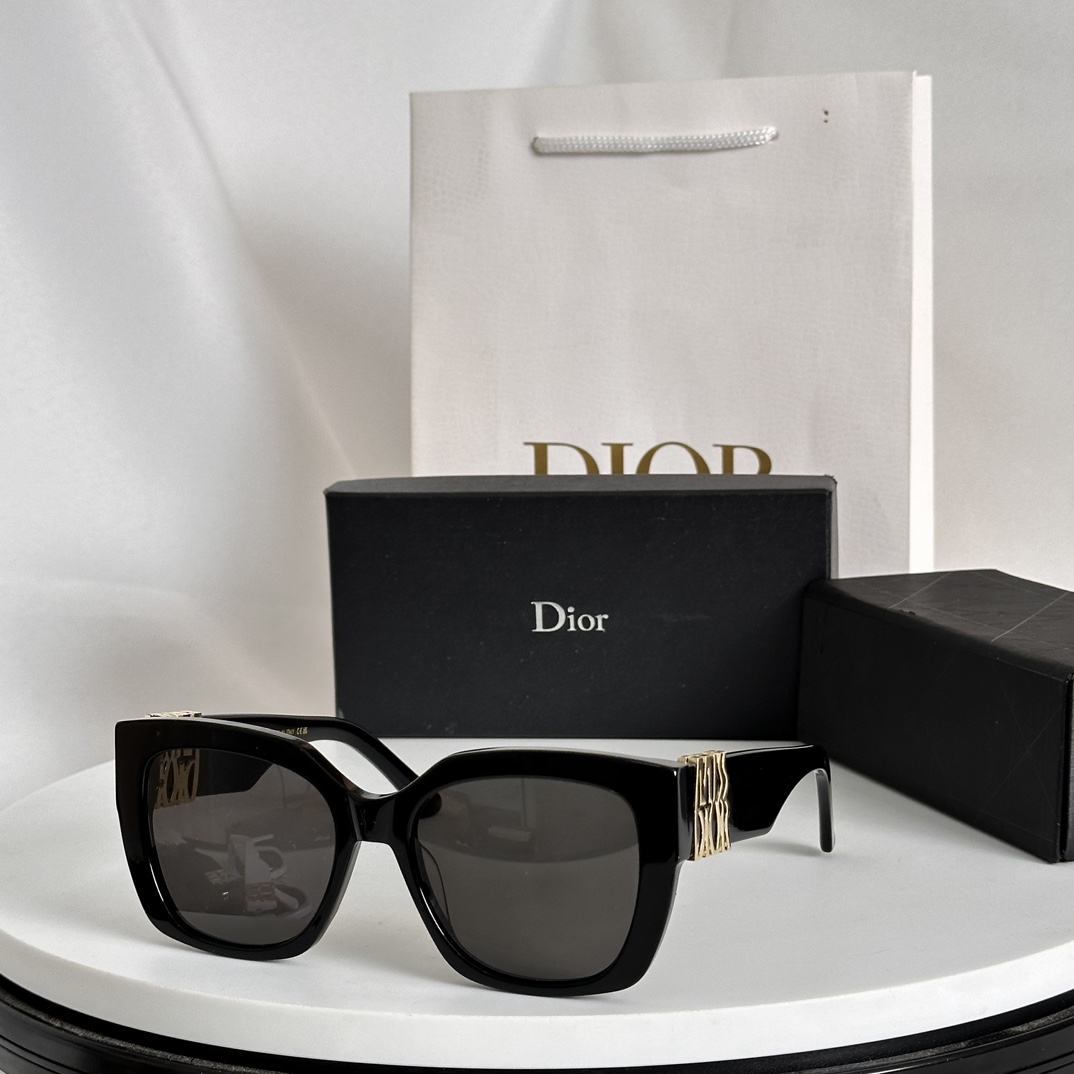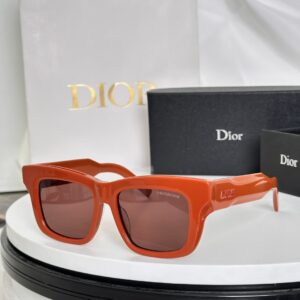Understanding Fast Fashion: The Allure of Replicas
Fast fashion has become a pervasive element in today’s retail landscape, epitomized by brands that quickly replicate runway trends and mainstream fashion styles at a fraction of the cost. This phenomenon appeals especially to consumers seeking affordable ways to stay fashionable without the burden of high prices. One notable example of this trend is the growing popularity of replica sunglasses. Not only are these inexpensive alternatives visually similar to luxury brands, but they also cater to an audience that desires the latest trends without the financial commitment.
Several factors contribute to the allure of replicas within the fast fashion sector. The strategic marketing efforts employed by brands play a significant role, creating a sense of urgency and exclusivity. Consumers are often enticed by advertising that emphasizes the need to remain fashionable, thus prompting impulse purchases of affordable items. Social media platforms further exacerbate this trend, as influencers showcase the latest styles, often promoting budget-friendly replicas as viable alternatives. This accessibility leads to heightened competition among consumers to maintain a fashionable image while equipping them with a sense of belonging to a particular social group.
Moreover, the psychological aspects of fashion consumption cannot be overlooked. The immediate gratification associated with purchasing inexpensive items fuels a cycle of consumption that emphasizes quantity over quality. This “buy more, spend less” mentality caters to budget-conscious shoppers seeking to emulate high-end aesthetics without the financial strain that accompanies authentic luxury items. As fast fashion continues to thrive, the rapid production cycles allow for a constant influx of new designs, which further captivates consumers.
However, it is essential to consider the implications of this trend. The increase in demand for replicas can significantly impact the fashion industry, driving companies to prioritize speed and cost over sustainability and craftsmanship. Consequently, this influences consumer behavior, fostering a culture that often dismisses long-term investments in quality apparel in favor of cheap, short-lived alternatives.
The Case for Quality: Why Investing Pays Off
In an era marked by fast fashion’s rapid turnover of trends, many consumers are often tempted to purchase cheaper replica items. However, investing in quality products, such as durable sunglasses, presents numerous long-term benefits that can outweigh the initial cost. Quality sunglasses, crafted with fine materials and superior craftsmanship, not only provide enhanced durability, but also ensure better UV protection for the eyes. This crucial feature is often overlooked when opting for inexpensive alternatives.
When one considers the concept of ‘cost per wear,’ the rationale for investing in high-quality items becomes clearer. By wearing a well-made pair of sunglasses for several years, the cost per use is significantly lower compared to repeatedly buying lower-quality pieces that might only last a single season. This fundamental shift in perspective encourages consumers to view their purchases as investments rather than mere transactions, ultimately fostering sustainable consumption patterns.
Moreover, opting for quality often aligns with ethical production practices. Many reputable brands prioritize fair labor practices and sustainable sourcing, contrasting sharply with fast-fashion counterparts that may exploit workers and utilize environmentally harmful processes. Consumers who choose quality products demonstrate a commitment to their personal values, thus supporting brands that reflect their lifestyle choices. This responsible consumerism not only benefits individual buyers but also contributes positively to the broader societal landscape.
In addition, the environmental impact of mass-producing low-quality items should not be underestimated. The cycle of constant replacement leads to increased waste and resource depletion. By investing in quality, consumers actively participate in reducing their ecological footprint, promoting a more sustainable future. As awareness around these issues grows, the notion of investing in quality products becomes a rational, morally sound choice that enhances personal style while safeguarding the planet.
The Rise of Sustainable Brands in the Replica Sunglasses Market
In recent years, there has been a marked increase in the presence of sustainable brands within the replica sunglasses market. These brands are gaining traction not only due to their environmental consciousness, but also because they offer stylish alternatives that appeal to consumers seeking both fashion and responsibility. As awareness around fast fashion’s impact on the environment grows, these innovative companies are stepping in to provide solutions that address ecological concerns without compromising on style.
Many sustainable eyewear brands are focusing on innovative materials that reduce environmental impact. For example, brands like *Warby Parker* and *Sunski* are using recycled plastics and biodegradable materials to craft their replica-style sunglasses. This approach not only minimizes waste but also encourages a circular economy where products are designed to be reused or recycled at the end of their life cycle. Furthermore, through their transparent sourcing and ethical manufacturing practices, these companies are setting new standards in sustainability within the eyewear industry, further bolstering their competitive edge against traditional fast fashion alternatives.
Case studies of successful sustainable brands illustrate how effectively they can capture the market. *Proof Eyewear*, for instance, uses wood and recycled plastics to create unique, eco-conscious designs that stand out in the crowded marketplace. Their commitment to social responsibility extends beyond product design; a portion of their profits is directed towards social causes, reinforcing the connection between consumer choice and positive global impact. This conscious brand messaging resonates well with today’s consumers, who increasingly value ethical practices and sustainability in their purchasing decisions.
By merging fashionable design with a strong commitment to sustainability and ethical practices, these brands are not only reshaping the replica sunglasses market but also challenging the pervasive influence of fast fashion. This transformation emphasizes that consumers no longer have to choose between style and responsibility; they can indeed enjoy both through thoughtful purchasing decisions.
Making the Right Choice: A Consumer’s Guide
As consumers increasingly navigate the complexities of fashion shopping, particularly when it comes to fast fashion and quality alternatives, it becomes essential to equip yourself with practical tips for making informed decisions. One critical focus should be on evaluating sunglasses, as they are a popular accessory that can be easily influenced by trends yet often lack durability and ethical production. Here are some factors to consider when shopping:
First, examine the quality of the sunglasses you are considering. Look for durable materials such as high-grade plastics or metals that ensure longevity. Additionally, check for features that enhance durability, including scratch resistance and UV protection. Brands that prioritize these features often indicate a commitment to quality over quantity, which is an essential consideration for consumers.
Sustainability certifications also play a fundamental role in your decision-making process. Research brands that are certified by recognized eco-labels, as they typically adhere to environmentally conscious practices. Certifications like Fair Trade, Organic, or B Corp can serve as key indicators of a brand’s commitment to sustainability, guiding your purchasing choices towards more responsible alternatives.
Furthermore, reflect on the ethical stance of the brands you’re interested in. Companies that promote fair labor practices, transparency in sourcing materials, and community impact initiatives are likely to align better with a consumer’s values. Taking the time to research the brand’s mission and values can provide insight into whether their practices resonate with your own.
For those looking to transition away from fast fashion replicas, numerous resources are available. Consider following sustainable fashion blogs, engaging with online communities dedicated to ethical fashion, and exploring second-hand options. By seeking out alternatives that prioritize quality and sustainability, consumers can make a meaningful impact, benefiting both themselves and the planet.



